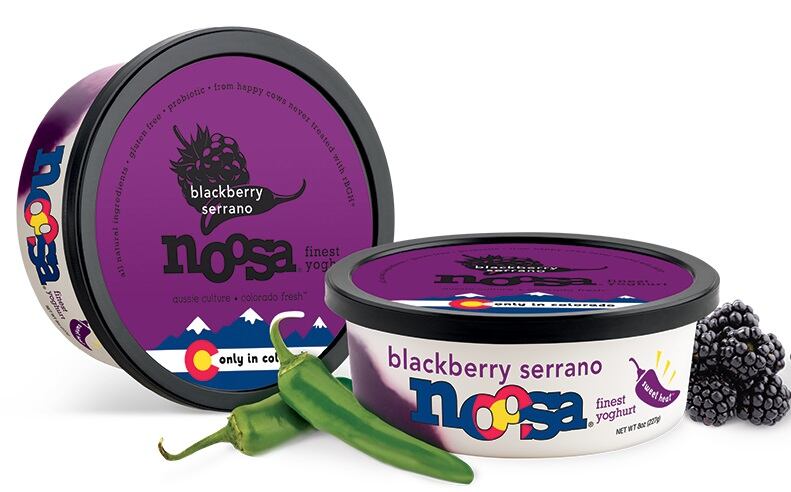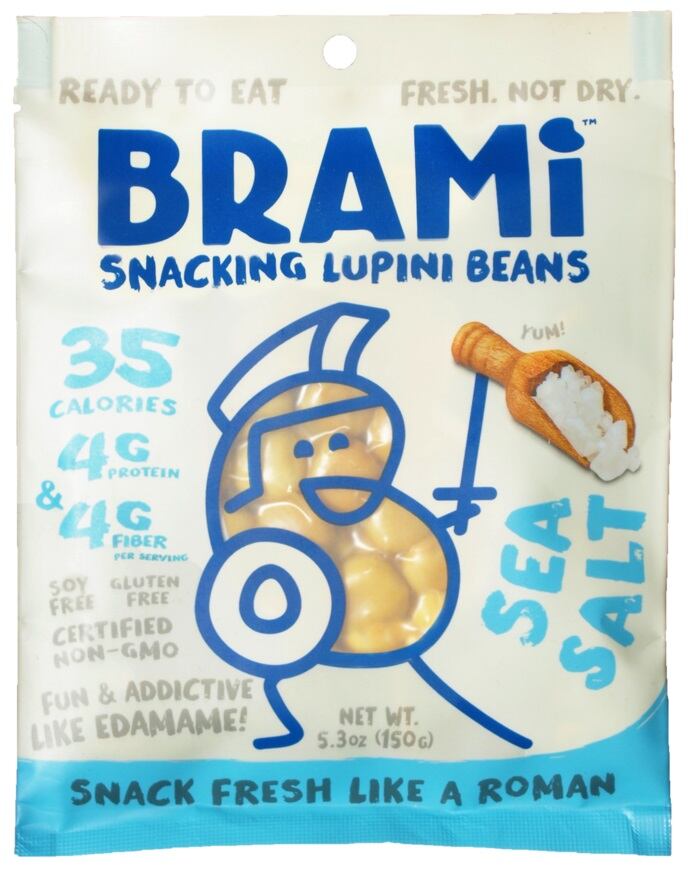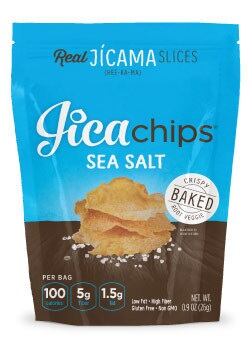Gone are the days when the term ‘snack’ was confined to a bagged potato chip or pretzel, according to Tom Vierhile, innovation insights director at analysts Canadean.
“Snacking has become something of a free-for-all and you’ve got lot of companies seeing snacking as a big opportunity,” he told BakeryandSnacks at the Sweets & Snacks Expo in Chicago last month.
“You’ve got meat products being consumed as snacks, you’ve got fruit and vegetable products, dairy products, a lot of meal-type products in small portion sizes for on-the-go consumption.”
98% of 25 to 34-year-olds snack
According to a study conducted by Canadean last year, 96% of US consumers “regularly, occasionally, or rarely” snack between meals. This is particularly the case for 25 to 34-year-olds, with 98% saying they snack; numbers fall to a low of 93% for 55 to 64-year-olds.
Canadean also found snacking was skewed towards young and male consumers, with young and middle-aged men much more likely to snack regularly than any other group.
Key factors driving the snacking trend, said Vierhile, were the decline in consumption of three main meals, and meal occasions becoming more informal.
He also echoed the view of Snyder’s-Lance chief marketing officer Rod Troni, who recently told this site that: “Lifestyle is driving a culture of grazing and snacks are the perfect answer to grazing.”
The all-day breakfast
As the line between meals blurs, consumers may be less likely to link specific foods with specific times of day than they once did, said Vierhile. And he suggested McDonald's decision to serve breakfast all day in the US from last October was evidence of this.

Some yogurt brands were looking to tap this trend with savory flavors targeted at afternoon snacking such as Noosa's blackberry and serrano pepper.
Another dairy product carving out a role as a snack is cottage cheese, said Vierhile, flagging up the Good Culture range that includes olive and chia.
Pouch formats, which have already driven strong growth in fruit snacks, could also drive the use of yogurt as a snack, he suggested.
Fruit and veg continues to grow
And fruit and vegetables were increasingly being used to offer healthier alternatives to traditional chips and snacks, he added.

These include the Dang onion chips brand – which has received funding from a food incubator run by Krave Jerky founder Jon Sebastiani – and comprises onion snacks with no breading.
Fruit and veg was also becoming more prominent in trail mixes, added Vierhile, citing the example of the Ginger's Healthy Habits brand that produces a Pepperoni Pizza trail mix including tomatoes, zucchini, kale and olives.

Vierhile also flagged up new ingredients that are beginning to make an impact in the US.
These include lupini beans, a Mediterranean bean he described as “loaded with protein and fiber” and used as an ingredient in stews in South America, and a snack in Italy. A New York-based entrepreneur has launched a branded snacking version called Brami.
And Jicama – a Mexican root veggie billed as a ‘superfood’ has been rolled out under the Jicachips brand.
